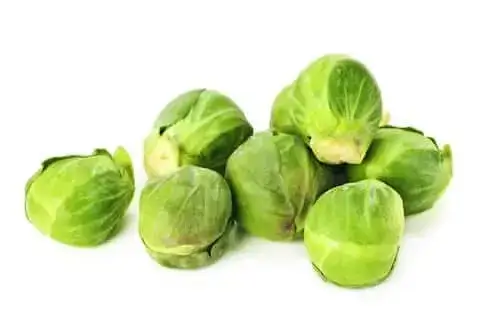Best foods high in Lysine
If you have strong bones, healthy skin and low cholesterol, it’s possible that you might be a regular consumer of foods high in lysine without knowing it. Lysine is an amino acid, which means it influences the levels of calcium in your body, energy production, the collagen in your skin, disease prevention and protein production.…
This post may contain affiliate links. Please read our disclosure policy.
If you have strong bones, healthy skin and low cholesterol, it’s possible that you might be a regular consumer of foods high in lysine without knowing it. Lysine is an amino acid, which means it influences the levels of calcium in your body, energy production, the collagen in your skin, disease prevention and protein production. Although it sounds like a supplement that only chronically ill patients or athletes might take, it is necessary for anybody who wants to enjoy good health. Since the body cannot create it naturally, the greatest source of lysine is your daily diet.
If you are familiar with foods that are high in protein, then you know more than you think about foods high in lysine. Protein and lysine always go together. Therefore, high-lysine foods are lean meats, fish, eggs, cheese, soy products and beans. These are foods that you can find on every food store shelf and ones you can easily incorporate into recipes or eat alone. Other dietary sources of lysine include nuts and brewing yeast. Eating any or all of these foods will give you an adequate dosage to see and enjoy many of their health benefits.
Without enough lysine, you’re likely to become tired, nauseous, and dizzy, light headed, and anemic with a weakened appetite. Some of the more visible symptoms of lysine deficiency are the appearance of bloodshot eyes and problems related to your reproductive system like herpes. These symptoms might appear without lysine deficiency as the cause so speak to your doctor and receive a proper diagnosis before increasing your intake of this amino acid.
Lysine is available in all the above mentioned foods and although it is rare, it can happen that you consume too much of it. A high dosage might cause renal problems and gallstones. Again, these conditions do not always imply that your lysine intake is too high. Consult with your doctor to find out the exact cause. If you decrease the foods high in lysine in your diet and the symptoms subside, check with a medical professional whether or not you need further treatment.
If for any reason you simply cannot eat foods high in lysine, you can request supplements in the form of pills and liquids. Do not self-medicate especially in the case of children. Only a physician should determine how many grams you should take a day. Pregnant women are discouraged from using supplements. In general, it is safer much healthier to receive your lysine supply from your diet instead of medication.


Leave a Comment